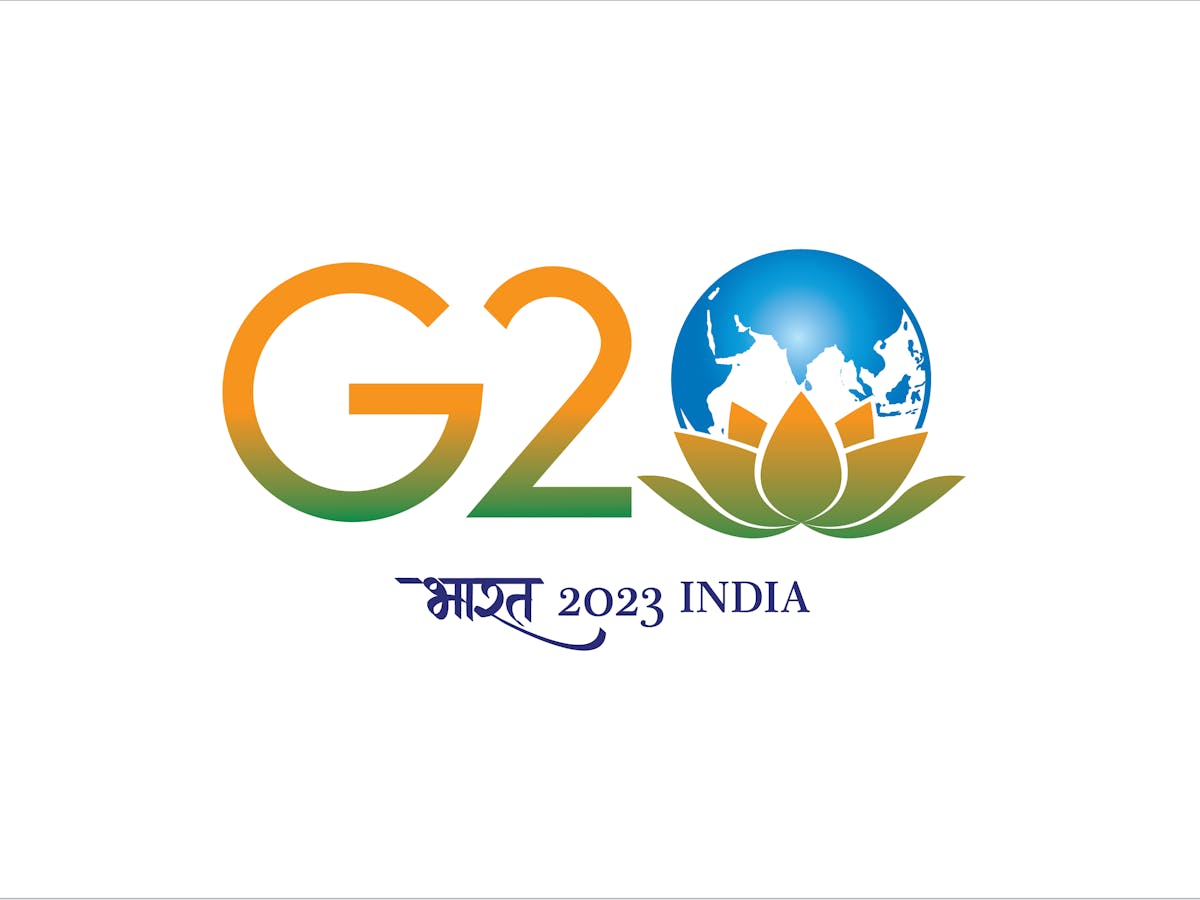09 Sep 2023
- G20 leaders have agreed to a “New Delhi Leaders’ Declaration” at the beginning of this year’s G20 Leaders’ Summit.
- The summit included historic milestones like the African Union’s inclusion in the G20, a commitment to triple renewables capacity by 2030, and support for financial reform including multilateral development banks.
- However, the lack of concrete action on energy efficiency and fossil fuel phase-out raises concerns for the global energy agenda that need to be actioned by COP28.
Story
Amidst geopolitical challenges, a joint declaration that at least advances some elements of the international climate agenda is a positive step for international collaboration.
This week had already seen leaders at the African Climate Summit appeal to global cooperation to provide financial and technical support to their climate goals, and the report on the Global Stocktake, which highlighted big gaps in global delivery. All eyes were on G20 leaders to design and follow a political roadmap to COP28 and indicate how to close global delivery and finance gaps.
The summit featured many firsts, including addressing a big gap in representation by welcoming the African Union as a permanent member of the G20 and making a commitment to pursue and encourage efforts to triple renewables capacity by 2030. The agreement to pursue reforms for better, bigger, and more effective Multilateral Development Banks, along with facilitating low-cost financing solutions for developing countries, is also positive and can help create fiscal room and fast-track implementation of climate actions.
Yet, progress on the global energy agenda remains patchy at best, as the summit declaration failed to detail more concrete action on doubling energy efficiency (the text is weaker than the energy ministers’ outcomes document) and to phase out fossil fuels. Also unfortunate is the absence of recognition for private sector transition plans and stronger endorsement of the work achieved by the International Sustainable Standards Board (ISSB) on disclosures. Both transition plans and a common standard for disclosures are critical to align financial system flows with the need for transitions.
Leaders need to use the remaining 12 weeks until COP28 to set out and build support around clear, ambitious visions for COP decisions that address the fossil fuel culprit and loss and damage consequences of climate change, as well as amplifying a renewable future. The UAE has opened the door to addressing the phase down of fossil fuels at COP28 — they need to seize the opportunity.
Quotes
Madhura Joshi, Senior Associate at E3G, said:
“This G20 has seen many firsts, welcoming the African Union’s G20 membership, making the G20 more inclusive. We have seen a landmark decision to support tripling global renewable energy capacity by 2030, important for both development and climate goals; support for doubling the rate of energy efficiency, crucial for energy transitions; and for reforming multilateral banks, which can help unlock affordable finance for implementation.
However, increasing renewables needs to go hand in hand with phasing out fossil fuels, which is completely missing. We need stronger, bolder action from leaders on both. All eyes now on COP28 – can the leaders deliver?”
Lisa Fischer, Programme Lead for Climate Neutral Energy Systems at E3G, said:
“It is disappointing that because of a few blockers the G20 could not agree on the phasing down and out of fossil fuels, an integral part of the COP presidency’s vision and of just energy transitions. Leaders agreed to the bare minimum, a repetition of the 2022 Bali commitment on coal phase down. If they restrict themselves to coal, we need to see much faster action on ending the global coal buildout.
There is no hiding from the fact that a peak in the use of all fossil fuels is needed as early as possible this decade, and countries must cooperate towards their phase out. Abatement technologies will not significantly alter this trajectory so cannot substitute for phase down. In the run-up to COP28, leaders must steer instead of running behind the re-structuring of the global energy economy.”
Sima Kammourieh, Programme Lead on international sustainable finance at E3G, said:
“This year has been difficult for the G20, especially on the finance agenda. The Indian presidency’s focus on the twin challenges of climate and development faced by many emerging economies was welcome, but more concrete progress could have been achieved, especially by endorsing in stronger terms the work done by the Independent Expert Group on Strengthening MDBs. The ambition of the Sustainable Finance Working Group of the G20 was also quite low this year. Leaders missed the opportunity to more strongly support the work achieved by the ISSB on global disclosure requirements and to deepen work on norms to align financial flows with climate safety.”
Alden Meyer, Senior Associate at E3G, said:
“G20 leaders have embraced the goal of tripling renewable energy capacity by 2030, but much work lies ahead, particularly on mobilizing the trillions of dollars in annual public and private finance needed to turn that aspiration into reality. To have any chance of meeting the Paris Agreement’s 1.5°C temperature limitation goal, sharp reductions in the production and use of all fossil fuels – including, but not limited to, coal – are also essential, and on that issue, the G20 leaders are missing in action.
It’s time to stop letting a handful of countries block progress on the rapid transition away from polluting fossil fuels that are driving the mounting impacts of climate change and threatening the lives and livelihoods of people across the world.”
Notes to editors
- E3G is an independent climate change think tank with a global outlook. We work on the frontier of the climate landscape, tackling the barriers and advancing the solutions to a safe climate. Our goal is to translate climate politics, economics and policies into action. About – E3G
- For further enquiries email press@e3g.org or phone +44 (0)7783 787 863
- Under current trends, global gas demand is set to peak before the decade’s end. Bringing forward this peak in line with climate imperatives can bolster economic growth, security, and resilience. Structurally reducing demand must become a focus of international collaboration. Read more: Global gas demand – E3G
- As the largest single source of emissions, ending coal power is the central pillar of all climate mitigation scenarios. Outside of China, last year total pre-construction coal capacity fell below 100 GW for the first time ever, and only 20 new coal plant proposals were initiated or restored. Read more in E3G’s global coal pipeline analysis: Boom and Bust 2023: Tracking the global coal plant pipeline – E3G

